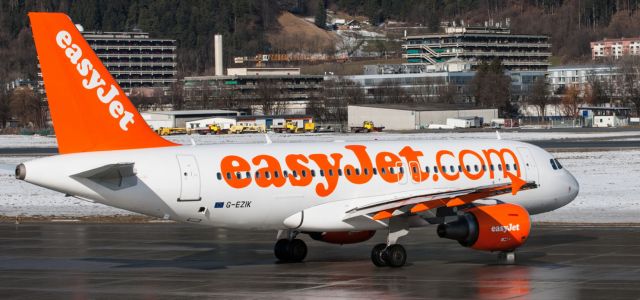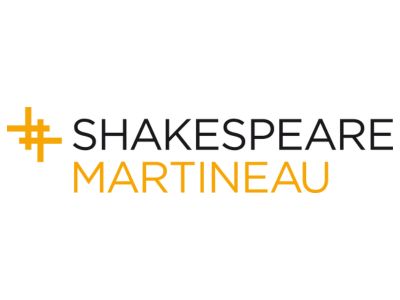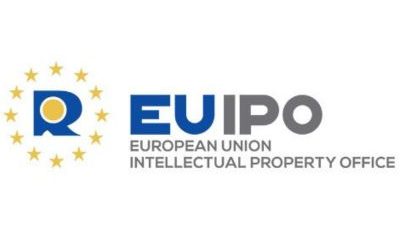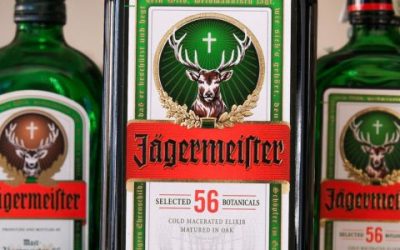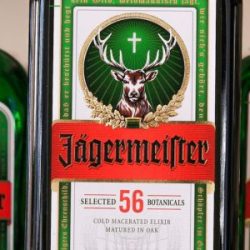Trademarks are often a battleground for the Davids and Goliaths of the business world, with big brands often taking a hard defensive line that could seem impenetrable. However, the recent loss by EasyGroup against smaller business Easyfundraising shows that when it comes to trademarks, there is no such thing as a foregone conclusion.
EasyGroup, the parent company of easyJet, is known for its aggressive trademark protection strategy, which has allowed it to build up a valuable brand portfolio protecting various goods and services around the prefix ‘easy’ that includes franchising and licensing, as well as trademarks acquired in other court proceedings. From hotels to dog walking to pizza, EasyGroup’s portfolio is wide, meaning businesses that dare to use the word ‘easy’ in their branding are likely to be sued for infringement sooner or later in a highly proactive defensive strategy.
EasyGroup’s court battles often rely on Section 10.2 of the Trade Marks Act 1994, which argues infringement on the basis of the trademark or the goods and services being identical or similar to a registered mark and, therefore, likely to cause confusion amongst customers. However, the question around ‘confusion’ is for the court to decide, and even a strong track record of previous case wins cannot always guarantee a successful outcome.
In the case of Easyfundraising, EasyGroup was unable to demonstrate a risk of confusion between the two brands and the goods and services supplied. Easyfundraising also counterclaimed for the revocation of certain trademarks that it argued were not being used by EasyGroup. This led to the revocation or partial revocation of a number of trademarks, including easy.com, for example, due to lack of use. This aptly demonstrates the risk of bringing an infringement claim – as a loss can lead to a reduced portfolio.
Easyfundraising’s success was largely down to two factors. Firstly, the court decided that the ‘easy’ part of the trademark would not be perceived as the dominant characteristic of the mark. Secondly, Easyfundraising’s business model, which provides an advertising platform for retailers and then directs consumers to the retailer’s website, means the goods and services provided were also deemed by the court to be dissimilar.
Moving forward, EasyGroup has said it plans to appeal the decision, which, if successful, could overturn the revocations and partial revocations and potentially allow the business to obtain an injunction against Easyfundraising to prevent it from infringing the ‘easy’ trademark. This would then require Easyfundraising to rebrand or enter into a license agreement with EasyGroup. If the appeal is unsuccessful, the revocations will remain, and EasyGroup may face a cost order to pay back Easyfundraising’s costs of the appeal.
This case demonstrates the time, resource, and financial cost of defending a trademark, and small businesses should ensure that they are undertaking the proper processes early on and seeking advice where appropriate to lower the risk of getting caught up in similar cases. For example, when starting a business, it is vital to run a clearance search on the proposed trading name. This allows a business to understand the risk of potential infringement and lower it where possible.
Secondly, businesses should seek to register their new trademark, which can prove invaluable should the business wish to prevent others from using a specific word or phrase. Finally, it’s important to have a clear brand strategy that identifies areas of risk, such as the use of a specific color or spelling, for example and ensures that these risk areas are avoided and the brand is adhered to at all times. This is especially important on less formal channels of communication, such as social media, to prevent costly mistakes.
Whilst Easyfundraising’s win may not have set a new precedent when it comes to winning against the EasyGroup giant, it has proved once again that every case turns on its own facts. Should a business decide to proceed with a name similar to a bigger brand, it is important to seek advice and ensure risks have been mitigated or balanced where possible.
EasyGroup’s aggressive response to trademark infringement may seem off-putting to some, but it demonstrates the power of building up a strong trademark portfolio that becomes difficult for others to navigate around. With the time investment and cost of infringement cases high, businesses should invest some resources at an early stage to reduce the risk of being caught out by a huge court bill further down the line.

Written by Kerry Russell
IP Partner, Shakespeare Martineau
You may also like…
UEFA partners with Alliance for Creativity and Entertainment to enhance global anti-piracy strategy
October 21, 2025 - The Union of European Football Associations (UEFA) has officially joined the Alliance for...
EUIPO and UANIPIO welcome the integration of Ukraine’s trademarks into TMview
The European Union Intellectual Property Office (EUIPO) and the Ukrainian National Office for Intellectual Property...
Jägermeister succeeds in opposing the EU trademark application Alten Kräuterfrau for alcoholic beverages
Mast-Jägermeister SE filed an opposition on the grounds of Article 8(1)(b) – likelihood of confusion between the signs...
Contact us to write for out Newsletter


